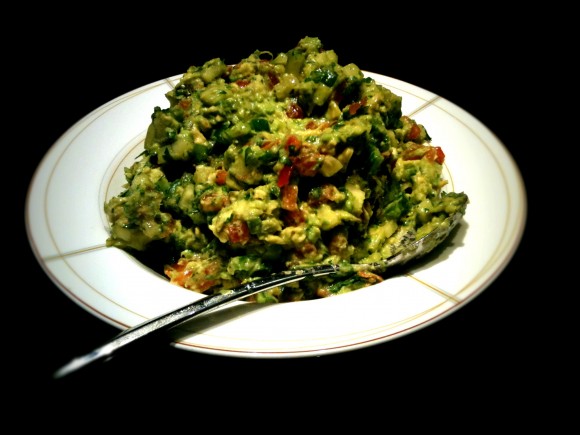Yuck And Yum
“Don’t yuck somebody else’s yum.” I’m not much inclined to catch phrases. But, as a parent, sometimes an easy to remember line can help make an important point, especially one that needs to be repeated. Living here in Asia and frequently crossing cultural boundaries, “don’t yuck somebody else’s yum” has worked again and again. I […]
“Don’t yuck somebody else’s yum.”
I’m not much inclined to catch phrases. But, as a parent, sometimes an easy to remember line can help make an important point, especially one that needs to be repeated. Living here in Asia and frequently crossing cultural boundaries, “don’t yuck somebody else’s yum” has worked again and again.
I consider it good to have an adventurous attitude to food. Being willing to take a risk and try new flavours represents a positive, world-embracing outlook on life.
Moreover, food – along with the customs and traditions that surround it in every culture – is central to most people’s identity. We are the food we eat, not just physically, but socially, culturally and even spiritually.
So, when we yuck somebody else’s yum we rob ourselves of the opportunity to expand our understanding of the people of this world and we potentially rob other people of the dignity their culture and traditions deserve.
That said, like most moral principles, don’t yuck somebody else’s yum can be hard to live by.
I recall one of my childhood friends. His family would, an hour before lunch, pull a loaf of commercial white bread from their freezer (they always had a store of frozen bread) and leave it on the dining table to defrost. Every meal was accompanied by soggy, still partially frozen bread.
To me, that, along with the accompanying tub of margarine (perhaps the worst of commercial foods crimes against human taste) deserves not just a yuck, but a loud derision. That I didn’t say anything at the time was down to the politeness of being a guest in a friend’s home. But, I certainly yucked that yum when I got back home, and at retellings over the years.
And, of course, this principle gets even more difficult to live by if we extend it into other areas of taste, like music or art. Am I really going to refrain from “yucking” Avatar or Inception, just because some people were willing to watch those films again and again or buy the DVDs?
This calls to mind a comment the BBC film reviewer Mark Kermode made, to the effect that he understood how some people might like the film, The English Patient, but that he couldn’t imagine being friends with such people.
That’s perhaps the heart of the matter. When we yuck somebody else’s yum we imperil our ability to really connect in any kind of meaningful social way with some people.
For me (and this is a cultural thing), someone is not really a close friend until they come to my home and taste my food. Obviously that’s been made harder by living in a small apartment. But, the reality is that in recent years it seems like people have more fraught and elaborate ways to justify their “yucks.”
The photo at the top of this post is a snapshot of my homemade Guacamole – a staple in our diet. But some people refuse to try anything with Avocado, or Cilantro or even Tomato! These are not allergies – they are aversions. Raw fish, in the form of Ceviche, is a core of Latin American cuisine – yuck that and you yuck an important part of my family’s culinary history.
Of course, there’s give and take in food. We do have different tastes and for some people there are important restrictions (allergies or religious prohibitions). But, the yuck dynamic comes from somewhere else and as hard as it might be to really live by the principle of don’t yuck somebody else’s yum, it’s worth being honest with ourselves when we don’t measure up to it.





